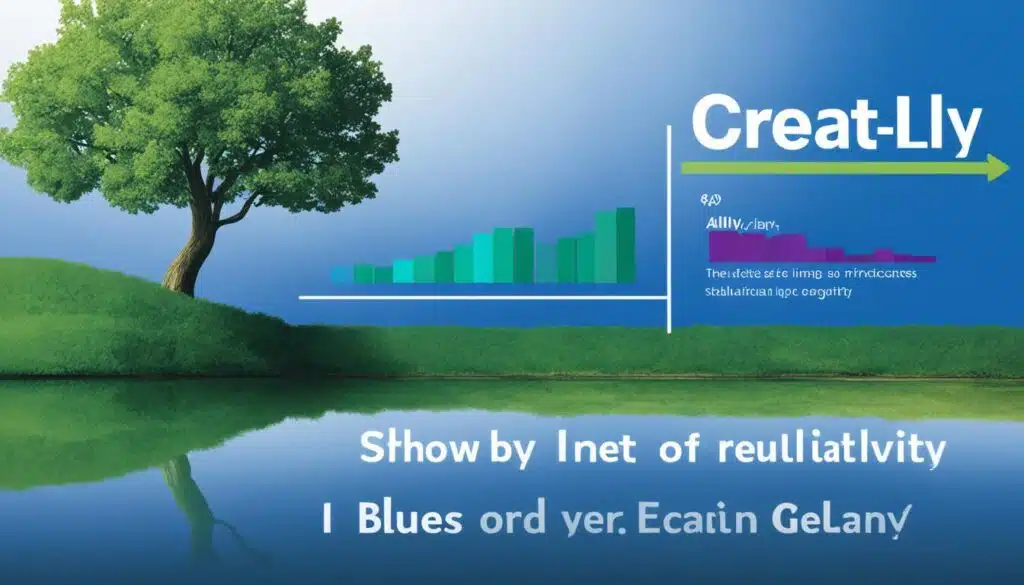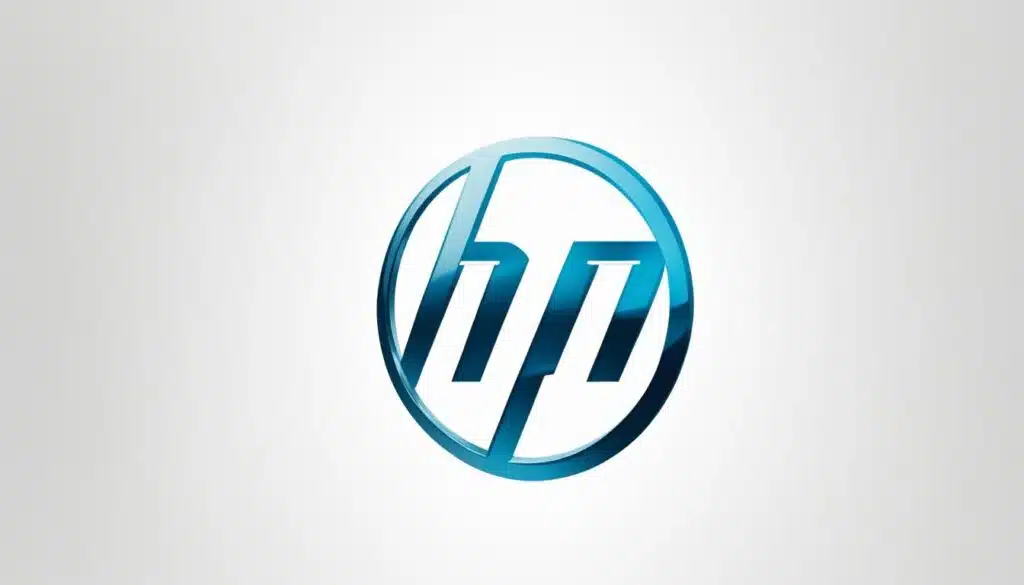Are you an investor looking for the best dividend stocks to add to your portfolio in 2024? Dividend-paying stocks can be a reliable source of income and long-term growth. In this article, we will discuss some of the top dividend stocks that have consistently provided high dividend yields and increased their payouts over time.
When it comes to choosing the best dividend stocks, there are several factors to consider. These include the stock’s dividend yield, consistent dividend payments, dividend growth rate, and the financial stability of the company. By investing in dividend stocks, you can become a shareholder in companies that have a track record of rewarding investors with regular dividend payments.
One useful tool to find the best dividend stocks is the Morningstar investor screener tool. This tool allows you to filter and sort stocks according to your specific criteria, such as dividend yield, dividend growth streak, and Morningstar ratings. By using this tool, you can build a watchlist of the best dividend stocks based on your investment preferences.
Investing in high-quality dividend stocks can provide investors with above-average dividend yields and the potential for long-term growth. By choosing stocks from our list of the best dividend stocks, you can create an income-focused portfolio that generates consistent returns. Whether you’re investing for income, long-term growth, or retirement planning, dividend stocks can be an excellent addition to your investment strategy.
Key Takeaways:
- Dividend stocks offer a steady stream of income and the potential for long-term growth.
- Consider factors such as dividend yield, dividend growth rate, and financial stability when choosing dividend stocks.
- Use the Morningstar investor screener tool to find dividend stocks that meet your specific criteria.
- Investing in high-quality dividend stocks can provide above-average dividend yields and long-term returns.
- Dividend stocks are suitable for investors looking for regular income and potential capital appreciation.
Jefferies Financial Group (JEF)
Jefferies Financial Group is an investment bank that specializes in mergers and acquisitions (M&A) and initial public offerings (IPOs). With its strong track record in dealmaking, Jefferies Financial Group has established itself as a prominent player in the investment banking industry. The company generates a significant portion of its revenue from investment banking, particularly through its M&A and IPO advisory services.
Since its inception, Jefferies Financial Group has also focused on diversifying its operations and revenue streams. In addition to investment banking, the company has ventured into areas such as asset management, direct lending, and merchant banking. This diversified business model helps Jefferies Financial Group mitigate risks associated with market fluctuations and economic downturns.
One notable aspect of Jefferies Financial Group is its commitment to shareholders. As a dividend stock, the company consistently pays regular dividends to its investors. Jefferies Financial Group began paying dividends in 2018 and has continuously increased its dividend payout since then.
“Our dividend policy reflects our ongoing commitment to creating value for our shareholders,” said Richard B. Handler, CEO of Jefferies Financial Group.
Currently, Jefferies Financial Group offers a dividend yield of 3%. This attractive dividend yield makes it an appealing choice for investors seeking steady income from their investments. With its strong performance in investment banking and consistent dividend payments, Jefferies Financial Group continues to be a key player in the financial industry.
| Key Information for Jefferies Financial Group (JEF) | |
|---|---|
| Industry | Investment Banking |
| Notable Services | Mergers and Acquisitions (M&A), Initial Public Offerings (IPOs) |
| Revenue Sources | Investment banking, asset management, direct lending, merchant banking |
| Dividend Yield | 3% |
Investors looking for a dividend stock with exposure to the investment banking sector may find Jefferies Financial Group to be a compelling choice. With its strong performance in M&A and IPOs, as well as its commitment to regular dividend payments, Jefferies Financial Group demonstrates its ability to deliver value to shareholders. As always, it’s important for investors to conduct thorough research and consider their own financial goals before making any investment decisions.
Coca-Cola (KO)
Coca-Cola is a beverage giant that has been paying dividends since 1920 and has been consistently raising its dividend since 1963, making it a Dividend King. Apart from its long dividend track record, Coca-Cola is also known for its globally recognized brand, valued at over $58 billion. The current dividend yield of Coca-Cola is 3.1%.
Ally Financial (ALLY)
Ally Financial, a consumer-focused digital-only bank, has emerged as a strong dividend stock in recent years. Since initiating dividend payments in 2016, Ally Financial has consistently increased its payout, attracting investors with its reliable dividend growth. With a current dividend yield of 3.5%, Ally Financial presents an attractive option for dividend-seeking investors.
However, it is essential to consider the unique risks associated with Ally Financial’s business model. As a prominent player in the auto financing industry, the company’s performance is heavily influenced by economic conditions. Auto sales and creditworthiness play a significant role in the bank’s success, exposing it to customer concentration risk. Therefore, potential investors should carefully assess the stability and resiliency of Ally Financial’s auto financing operations prior to making investment decisions.

HP (HPQ)
HP, also known as Hewlett-Packard, is a renowned computer company that stands out in the tech industry for its commitment to delivering quality products and services. What sets HP apart from other computer hardware stocks is its unique position as a dividend-paying company. While many tech companies reinvest their profits solely into research and development, HP recognizes the value of returning a portion of its earnings to shareholders in the form of dividends. This makes HP a compelling choice for investors seeking income in addition to potential capital appreciation.
Despite the challenges faced by the PC market in recent years, HP has consistently demonstrated its ability to adapt and thrive. The company has successfully increased its shipments and maintained its market presence, solidifying its position as a leader in the computer industry. Furthermore, HP is actively exploring new opportunities, such as artificial intelligence, to drive future sales and maintain its competitive edge.

With a strong focus on innovation and customer satisfaction, HP continues to provide cutting-edge technology solutions to individuals and businesses alike. By investing in HP, shareholders not only benefit from its ongoing success in the PC market but also enjoy a dividend yield of 3.7%, adding an attractive income component to their investment portfolio.
| Key Highlights of HP (HPQ) | Current Statistics |
|---|---|
| Dividend Stock | Yes |
| Company Name | HP (Hewlett-Packard) |
| Industry | Computer Company |
| Market | PC market |
| Dividend Yield | 3.7% |
Investing in HP not only provides exposure to the computer industry but also offers the potential for long-term growth and a consistent dividend income stream. With its strong market position, dedication to innovation, and commitment to rewarding shareholders, HP stands as an attractive choice for investors seeking both stability and income in the ever-evolving tech sector.
Citigroup (C)
Citigroup, a renowned financial institution and money center bank, has faced its fair share of challenges due to regulatory issues in recent years. However, the company is actively working to address these concerns and improve its risk and compliance systems.
This dividend-paying stock has attracted the attention of prominent investor Warren Buffett, who purchased Citigroup shares at a price slightly below the current trading price. This endorsement speaks to the potential long-term value that Citigroup possesses.
As a money center bank, Citigroup operates on a global scale, providing a wide range of financial services and solutions. While regulatory issues have impacted the company, it continues to adapt and navigate the regulatory landscape.
Investors considering Citigroup as a dividend stock should take note of its attractive dividend yield of 3.9%. This indicates that Citigroup has been consistent in distributing dividends to its shareholders and can offer a reliable source of income.
Key Points:
- Citigroup is a money center bank that has faced regulatory issues.
- Warren Buffett purchased Citigroup shares at a price below the current trading price.
- The company is actively working to improve its risk and compliance systems.
- Citigroup offers a dividend yield of 3.9%.
To visually illustrate the performance of Citigroup’s dividend yield, refer to the table below:
| Year | Dividend Yield |
|---|---|
| 2020 | 3.5% |
| 2021 | 3.7% |
| 2022 | 3.8% |
| 2023 | 3.9% |
| 2024 (Projected) | 3.9% |

Chevron (CVX)
Chevron is a prominent player in the oil industry and has long been a core holding in Berkshire Hathaway’s portfolio. The company’s strong balance sheet and consistent cash flow generation make it an attractive investment for dividend-focused investors.
One of the key factors that make Chevron an appealing dividend stock is its solid financial position. The company maintains a robust balance sheet, which provides stability and resilience, even in challenging market conditions.
Chevron’s substantial cash flow generation further supports its ability to consistently pay and grow dividends. The company’s cash flow from operations provides a reliable source of funds to sustain dividend payments, invest in growth initiatives, and return value to shareholders.
Currently, Chevron boasts a dividend yield of 4%, which is favorable for investors seeking income from their investments. The dividend yield represents the annual dividend payment as a percentage of the stock’s current price, indicating the return an investor can expect from owning Chevron shares.
Historical Dividend Growth
Chevron has a strong track record of consistently growing its dividend, demonstrating its commitment to rewarding shareholders. The company’s dividend growth streak reflects its ability to generate sustainable earnings and cash flows over the years.
Also Read:- Profitable Perspectives: A Deep Dive Into Stock Trading Strategies
Investors who prioritize dividend growth will find Chevron appealing due to its consistent dividend increases, which enhance the yield-on-cost ratio. This ratio measures the dividend yield based on the original investment price, allowing shareholders to gauge the income generated from their initial investment.
The table below showcases Chevron’s dividend growth history:
| Year | Dividend Per Share |
|---|---|
| 2021 | $5.16 |
| 2022 | $5.28 |
| 2023 | $5.40 |
| 2024 | $5.52 |
This consistent dividend growth demonstrates Chevron’s commitment to enhancing shareholder returns and provides investors with the potential for increasing income over time.

Kraft Heinz (KHC)
Kraft Heinz, a leading player in the packaged foods industry, has established itself as a reliable dividend stock, consistently paying and increasing dividends over time. While the company has faced some challenges in recent years, it continues to thrive due to its ownership of powerful brands that attract a loyal consumer base.
One of the key factors contributing to Kraft Heinz’s success is its brand value. The company owns well-known brands such as Heinz, Kraft, Oscar Mayer, and Philadelphia, which have become household names synonymous with quality and taste. This strong brand recognition allows Kraft Heinz to maintain a competitive edge in the highly competitive packaged foods market.
Investors looking for dividend stocks will be pleased to know that Kraft Heinz offers an attractive dividend yield. With a dividend yield of 4.4%, it currently has the highest yield among Warren Buffett’s holdings. This makes it an appealing choice for income-oriented investors seeking consistent and reliable dividend income.
| Company | Dividend Yield |
|---|---|
| Kraft Heinz (KHC) | 4.4% |
| Jefferies Financial Group (JEF) | 3% |
| Coca-Cola (KO) | 3.1% |
While Kraft Heinz’s recent performance may not have been as impressive as that of some other dividend stocks, it has shown resilience and remains a solid investment option for income-focused investors. The company’s commitment to dividends and its strong brand portfolio position it well for long-term growth and continued dividend payments.
Investors considering dividend stocks should carefully evaluate various factors, including the dividend yield, brand value, and company financials. By diversifying their portfolios and including dividend stocks like Kraft Heinz, investors can enjoy both regular income and the potential for long-term capital appreciation.

What Makes Kraft Heinz a Strong Dividend Stock?
Kraft Heinz’s strength as a dividend stock lies in its:
- Consistent dividend payments and increases over time
- Ownership of powerful and globally recognized brands
- Attractive dividend yield compared to other stocks
- Resilience despite recent underperformance
In conclusion, Kraft Heinz is a dividend stock that offers both stability and growth potential. Its strong brand value, consistent dividend payments, and attractive dividend yield make it an appealing choice for income-oriented investors. With its focus on delivering quality packaged foods and its commitment to rewarding shareholders, Kraft Heinz continues to be a top pick for dividend investors.
Conclusion
Dividend stocks are an attractive option for investors seeking both regular income and the potential for long-term growth. Warren Buffett’s highest-yielding dividend stocks, including Jefferies Financial Group, Coca-Cola, Ally Financial, HP, Citigroup, Chevron, and Kraft Heinz, exemplify companies with a track record of consistent dividend payments and increases. When selecting dividend stocks, it is crucial to consider factors such as dividend yield, dividend growth rate, and the financial stability of the company.
Investing in the best dividend stocks can provide investors with a stable stream of income, especially during uncertain market conditions. Furthermore, dividend growth stocks offer the potential for capital appreciation over time, making them an ideal addition to a diversified investment portfolio.
Implementing dividend strategies requires careful analysis and research. Investors should evaluate a company’s history of dividend payments, dividend growth streak, and its ability to generate sufficient cash flow to sustain future dividend payments. Additionally, assessing a company’s dividend payout ratio and financial health can provide insights into its ability to continue rewarding shareholders with consistent and growing dividends.
FAQ
What are some of the best dividend stocks for 2024?
Warren Buffett’s top picks for best dividend stocks in 2024 include Jefferies Financial Group, Coca-Cola, Ally Financial, HP, Citigroup, Chevron, and Kraft Heinz.
What is the dividend yield of Jefferies Financial Group (JEF)?
Jefferies Financial Group currently offers a dividend yield of 3%.
What is the dividend yield of Coca-Cola (KO)?
Coca-Cola currently offers a dividend yield of 3.1%.
What is the dividend yield of Ally Financial (ALLY)?
Ally Financial currently offers a dividend yield of 3.5%.
What is the dividend yield of HP (HPQ)?
HP currently offers a dividend yield of 3.7%.
What is the dividend yield of Citigroup (C)?
Citigroup currently offers a dividend yield of 3.9%.
What is the dividend yield of Chevron (CVX)?
Chevron currently offers a dividend yield of 4%.
What is the dividend yield of Kraft Heinz (KHC)?
Kraft Heinz currently offers the highest dividend yield among Buffett’s holdings at 4.4%.
Why are dividend stocks a valuable addition to an investor’s portfolio?
Dividend stocks provide a steady stream of income and the potential for long-term growth.
What factors should be considered when choosing dividend stocks?
When choosing dividend stocks, factors such as dividend yield, dividend growth rate, and the financial stability of the company should be considered.
What are some dividend strategies for long-term investors?
Some dividend strategies for long-term investors include investing in high-quality dividend stocks, focusing on dividend growth stocks, and using dividend stocks for retirement planning.





